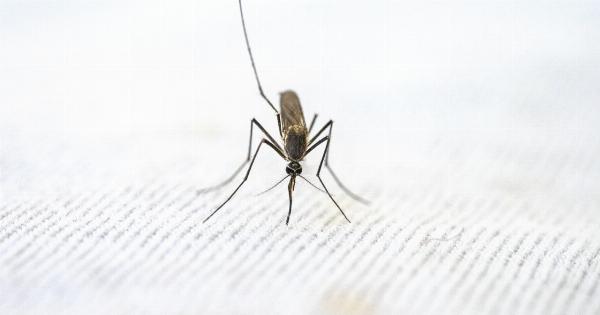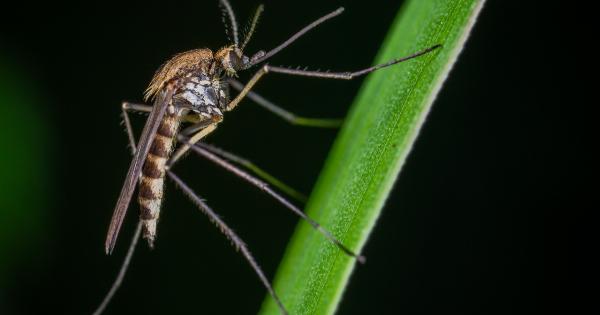For centuries, mosquitoes have been the bane of humanity. These tiny insects are responsible for spreading some of the deadliest diseases known to man, including malaria, dengue fever, and Zika virus.
Despite advances in technology and medicine, the battle between mosquitoes and humans continues to rage on. In this article, we will explore the history of this ongoing war, some of the latest technologies used to combat mosquitoes, and what the future may hold for this epic struggle.
The History of Mosquitoes and Humans
Mosquitoes have been around for millions of years, and they have been preying on humans for just as long. The earliest records of humans battling mosquitoes date back to ancient Egypt, where people burned aromatic herbs to repel the pests.
Later, the Greeks and Romans developed similar methods, using smoke and fragrant oils to keep mosquitoes at bay. Despite these efforts, mosquitoes remained a constant threat to humans, spreading disease and causing misery wherever they went.
The modern era saw the rise of new and more effective weapons in the battle against mosquitoes. In the 19th century, scientists discovered that mosquitoes were responsible for transmitting malaria, a disease that had plagued humans for centuries.
This discovery led to the development of new drugs and insecticides that could kill mosquitoes and prevent the spread of the disease.
However, the fight against mosquitoes took on a new urgency in the 20th century with the discovery of new diseases like dengue fever and yellow fever.
These diseases, which are spread by mosquitoes, were responsible for countless deaths and epidemics around the world. In response, governments and scientists around the world began investing heavily in mosquito control programs and research on new methods of mosquito eradication.
The Latest Technologies in Mosquito Control
Today, there are a variety of different technologies used in the battle against mosquitoes. One of the most commonly used methods is insecticide spraying.
Governments and health organizations around the world use airplanes, trucks, and handheld sprayers to apply insecticides to areas where mosquitoes are known to thrive. In some cases, insecticides are also applied directly to standing water, where mosquitoes lay their eggs.
Another popular method of mosquito control is the use of mosquito nets. Mosquito nets are designed to be draped over beds and other sleeping areas, creating a physical barrier that prevents mosquitoes from coming into contact with humans.
Mosquito nets are particularly effective at preventing the spread of malaria, which is commonly transmitted at night while people are sleeping.
Recent years have also seen the development of new technologies for mosquito control, such as genetically modified mosquitoes.
These mosquitoes have been genetically altered to make them sterile or unable to transmit diseases, making them an effective tool for reducing mosquito populations in certain areas. Other technologies, such as mosquito traps and ultrasound devices, are also being developed and tested for their effectiveness in combating mosquitoes.
The Future of the Battle Against Mosquitoes
Despite these advances, the battle against mosquitoes is far from over. Mosquito populations are continuing to grow in many parts of the world, and new diseases are still emerging.
In order to win this war, it will be important to continue investing in research and development of new methods for mosquito control and eradication.
One promising area of research is the development of vaccines for mosquito-borne diseases. Researchers are currently working on vaccines for diseases like malaria and dengue fever, which could provide long-term protection against these deadly illnesses.
Scientists are also exploring new ways to manipulate the biology of mosquitoes, to make them less likely to transmit diseases or to make them more susceptible to insecticides.
Conclusion
Mosquitoes have been a scourge on humanity for thousands of years. Despite centuries of efforts to eradicate them, these tiny insects continue to spread deadly diseases and cause misery around the world.
However, new technologies and advances in research provide hope that the battle between mosquitoes and humans can be won. With continued investment and innovation, we may finally be able to eliminate these pests and prevent the spread of deadly diseases for good.





























